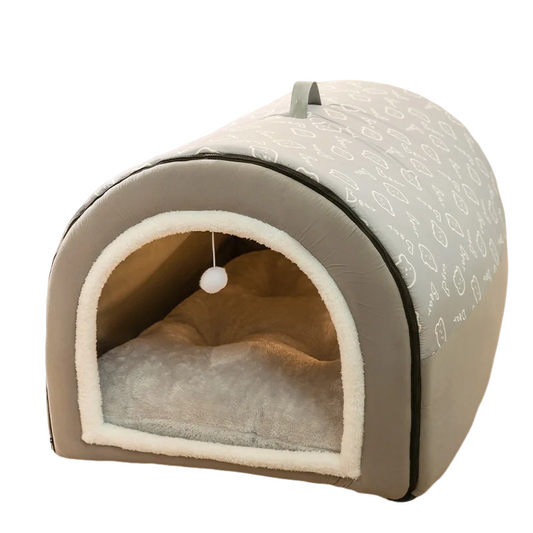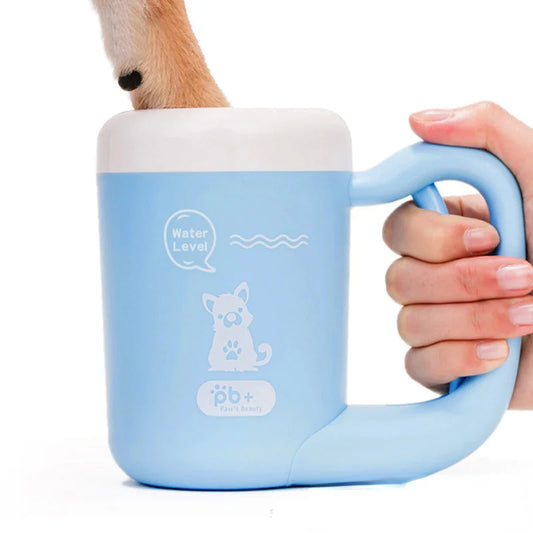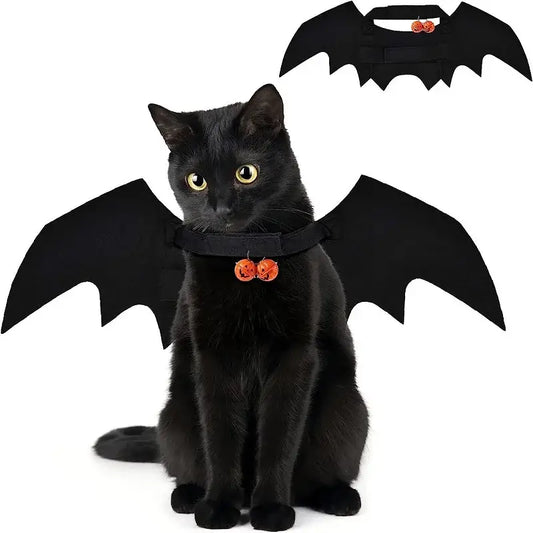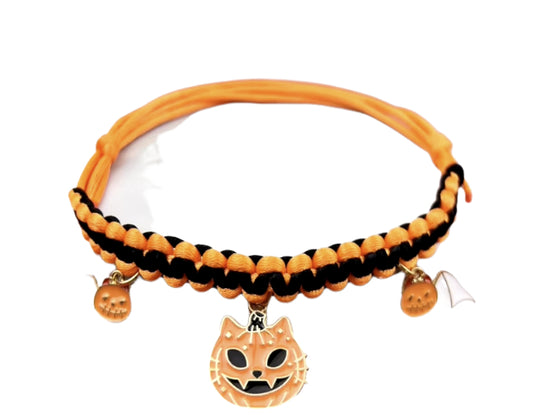
Common Allergens and Foods Cats Should Avoid: A Guide for Cat Owners
Share
Introduction
Just like humans, cats can have allergies to various substances, including certain foods and environmental allergens. Unfortunately, some of the foods we commonly eat and household substances we use can be harmful or even toxic to our feline companions. As a responsible cat owner, knowing what could trigger an allergic reaction or pose a risk to your pet's health is essential. In this blog, we’ll explore common allergens, foods to avoid, and tips on how to keep your cat safe.
1. Common Allergens for Cats
Cats, particularly those that live indoors, are exposed to various allergens within their environment. These allergens can trigger a variety of reactions ranging from respiratory issues to skin irritations. It’s important to be aware of potential allergens and how to mitigate their impact on your cat’s health.
1.1 Environmental Allergens
Environmental allergies in cats often result in respiratory problems or skin conditions, and they are typically triggered by inhaled substances. Some common environmental allergens include:
- Pollen: Just like humans, cats can suffer from seasonal allergies due to pollen from trees, grass, and flowers. Symptoms may include sneezing, runny nose, or watery eyes.
- Dust Mites: Cats are often sensitive to dust mites found in carpets, bedding, and upholstery. Regular cleaning can help minimize their presence in the home.
- Mold: Mold thrives in damp environments and can cause allergic reactions in cats. It’s crucial to keep your home well-ventilated and mold-free, especially in areas prone to moisture like basements and bathrooms.
1.2 Flea Allergy Dermatitis
Many cats suffer from an allergic reaction to flea bites, known as flea allergy dermatitis. Even a single flea bite can cause intense itching, leading to excessive scratching and skin irritation. This condition is common, but with regular flea prevention, it can be controlled.
2. Foods That Cats Should Never Eat
While it’s fun to share snacks with our pets, some human foods can be extremely dangerous for cats. Unlike dogs, cats are obligate carnivores, which means their diet should consist mostly of animal protein. However, there are certain foods that cats should never eat due to their toxic properties.
2.1 Chocolate
Chocolate is toxic to cats because it contains theobromine and caffeine, both of which can affect a cat’s central nervous system. Even small amounts of chocolate can cause vomiting, diarrhea, increased heart rate, and seizures. Dark chocolate, in particular, contains higher levels of theobromine and is especially dangerous.
2.2 Onions and Garlic
Both onions and garlic, whether raw, cooked, or powdered, can damage a cat’s red blood cells, leading to a condition called hemolytic anemia. The consumption of even small amounts of onion or garlic over time can have a cumulative toxic effect, causing weakness, lethargy, and difficulty breathing.
2.3 Grapes and Raisins
While the exact reason is unknown, grapes and raisins have been found to cause kidney failure in cats. Even a small amount can be harmful, and symptoms include vomiting, lethargy, and decreased appetite. If you suspect your cat has ingested grapes or raisins, immediate veterinary attention is necessary.
2.4 Alcohol
Alcohol is highly toxic to cats and can lead to severe issues such as liver damage, coma, or even death. Whether it’s in drinks, desserts, or cleaning products, any amount of alcohol is dangerous to cats.
2.5 Raw Eggs and Raw Meat
Although raw diets have gained popularity, feeding cats raw eggs or meat carries significant risks. Raw eggs can expose cats to Salmonella or E. coli bacteria, which can cause gastrointestinal issues like vomiting and diarrhea. Additionally, raw egg whites contain avidin, an enzyme that can inhibit the absorption of biotin, leading to skin and coat problems.
2.6 Tuna (in excess)
While cats may love the taste of tuna, feeding them too much can lead to mercury poisoning, as tuna contains higher levels of mercury than other types of fish. It can also cause nutritional imbalances, as tuna lacks many essential nutrients needed for a cat’s well-rounded diet.
3. Symptoms of Allergies in Cats
Recognizing the symptoms of an allergic reaction in cats can help you act quickly and seek appropriate treatment. Depending on the allergen, the symptoms may vary but typically include:
- Itchy Skin: Excessive scratching, licking, or biting at the skin can be signs of allergies, especially if your cat is allergic to fleas, food, or environmental allergens.
- Respiratory Issues: Symptoms such as sneezing, coughing, or difficulty breathing may indicate an allergic reaction to inhaled allergens like pollen or dust.
- Digestive Problems: Vomiting, diarrhea, or loss of appetite can result from food allergies.
- Inflamed or Red Skin: Swollen, red, or inflamed skin, particularly around the face or paws, could signal a food or environmental allergy.
If your cat shows any of these symptoms, consult your veterinarian to determine the underlying cause and the best course of action.
4. Managing and Preventing Allergies in Cats
Preventing allergic reactions requires an understanding of your cat’s specific sensitivities. Here are some practical tips for managing and preventing cat allergies:
4.1 Dietary Management
If your cat has food allergies, your vet may suggest an elimination diet to pinpoint the exact cause. This process involves removing potential allergens from your cat’s diet and reintroducing them one by one to observe any adverse reactions. Always use high-quality, hypoallergenic cat food that avoids common allergens like grains or specific proteins.
4.2 Environmental Control
For cats with environmental allergies, keeping your home clean and allergen-free is crucial. Regularly vacuum carpets, wash your cat’s bedding, and consider using air purifiers to remove dust, pollen, and mold from the air. Keeping your home’s humidity levels under control will also help minimize mold growth.
Conclusion
Understanding the allergens and foods that can harm your cat is key to maintaining their health and well-being. From environmental factors like pollen and fleas to foods like chocolate and onions, being proactive in managing these risks can ensure your cat lives a long, happy, and allergy-free life.
If you're unsure whether the food you're giving your cat may cause allergic reactions or harm your cat's health, please contact The Pet Paradise. We will do our best to provide you with the most comprehensive analysis and answers to ensure your cat has a safe and worry-free diet.










